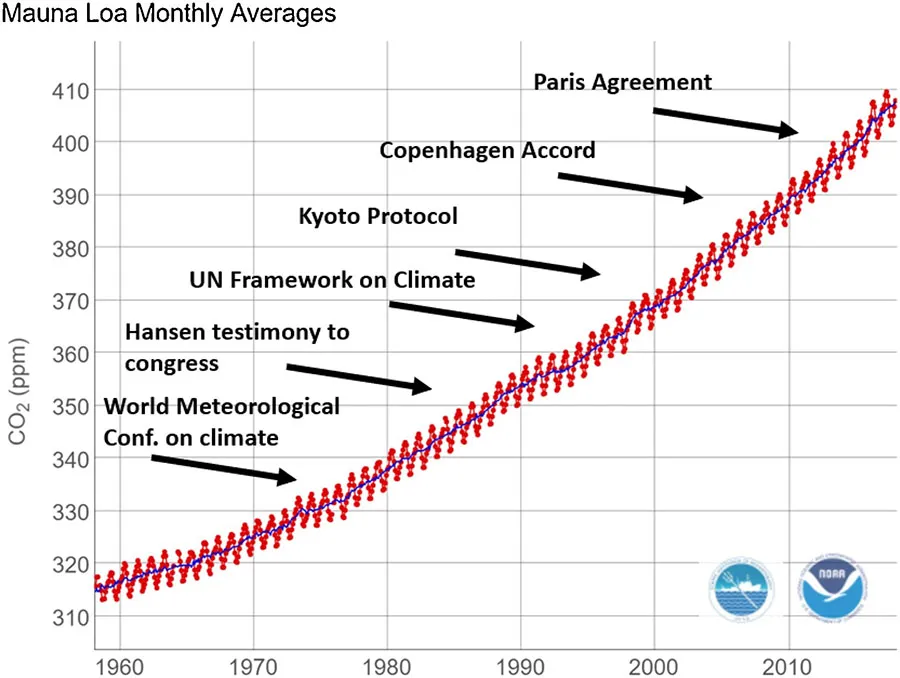Are we really disrupting status quo?
We often hear about tech startups disrupting the status quo. Are they really though?
What was the status quo in dispute? It was the old-economy, how it was inefficient, slow, bogged down by red tapes - all in all, an environment not ripe for: innovation, creativity, progress and growth. These are words we hear all the times. We can't stop thinking, talking, and acting upon them, because: We are them.
Human is a species. And a species has innate propensity to exploit available resources in order to grow, reproduce and expand. Human is also smart. We figure things out via cause-and-effect and trial-and-errors. We construct cognitive models of reality, narrate them to each other, and organize based on them. We cooperate and share because we were better off as a result. These in turn fuel our prior biological drives. It's a positive feedback loop limited only by energy provided by photosynthesis, diseases, environment disasters and resource depletion. This was how we lived 97% of human history, shaping the body and mind in which we operate now.
With every increase surplus of energy, human enterprise became more complex, abstract, instrumental, and utilitarian. We start to view nature as a means to our ends. We got emotionally disconnected from it and disrespectful of it.
Then fossil fuel came by.
As a smart species still operating out of a stone-age brain, we went absolutely ape-shit for this. They allow us to express the individualistic and selfish sides of our selves: Everyone gets their own washing machine and toys; Everyone runs their own same-y businesss and dodgy wasteful marketing to reach the same audience; Everyone got their own car; Everyone got a todo-list to conquer; Everyone got to hustle one way or another or die starving; We don't share and cooperate outside of work. This was the beginning of the old-economy.
To satisfy our urge to grow, old-economy had got rid of the things we used to live by for 97% of human history. This already had deep and wide consequences on our health, environment, and psyche. However, it had a problem - it was not efficient enough. This is where tech startups swoop in.
Tech startups solve the inefficiencies in the old-economy. They fixed its symptoms while exacerbating its consequences. They - and their famous perks - execute the old-economy's(in turns, human) imperatives more efficiently, while having no patience for nuances, diversity, and localized contexts.
OK, let's do examples. Airbnb saw abundant real estate built with abundant cheap energy and money. Those properties were just sitting there. That's not efficient. But they are smart. So they made an app. Now everyone got their own throw-away place. Uber saw abundant cars on roads fueled by non-renewable energy. Those were just sitting idle most of the times. Not efficient! But we are smart! So now even more oil burned with everyone doing throw-away rides. Smart people at Amazon connected the dots of delivery vehicles, distribution and shipping, and a website, all of which runs on cheap money that buys non-renewable energy and toxic extraction of materials with their costs externalized. Now everyone orders shits they don't need from thousands miles away. OpenAI is doing nothing but making the rapacious status quo even more efficient. Tesla is not challenging the status quo of car-dependent urbanization; that electricity is only 20% of our energy usage(80% is dependent on fossil fuel for things like cargo transport, fertilizer, and steel. And we don't know how to make them with sparse renewable-energy); that renewable is actually rebuildable such that we have to build them again once their limited life-span is up which gets us back to material extraction and burning fossil fuel again.
And the rest of enterprising folks who don't have access to cheap energy, money and talents fill the cracks of inefficiencies left behind by previous wake. If it wasn't that, it was to make it even more efficient - Think of all the SEO optimizing tools out there and now the AI applications that build on top of OpenAI's API.
Notice so far we have only heard of 'growth' and 'smarts', but not a single 'wisdom'. We don't become wiser until we hit a low point or worst, disaster struck. Native people are known to be wise but they got wise by tragedies. As part of human species, they exploited natural resources too until they collapsed. Only then did they shift their cultural values and aspirations.
All the conferences, scientific breakthroughs, startups, elections, policies, and rationalizations have only brought us to the global-scale catastrophe that's underway right now.

Because they all didn't address the core reality, which is: We are blindly executing our innate imperatives abetted by rapacious cultural values and rapidly depleting fossil energy in a finite biosphere. Every 'progress' had been an interation to be more efficient than the before did, while using up more energy and material than ever(Jevons paradox).
How can we exercise wisdom while being a fulfilled human being that doesn't eat everything up in its path? I don't know. ☘